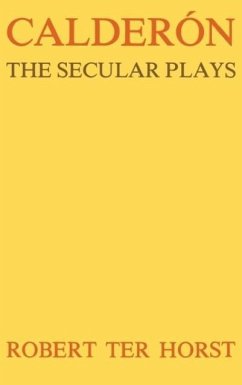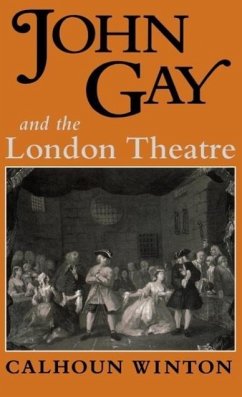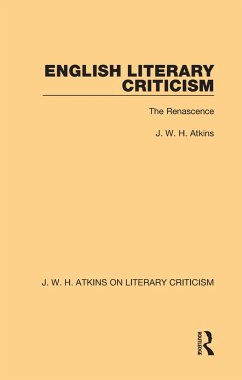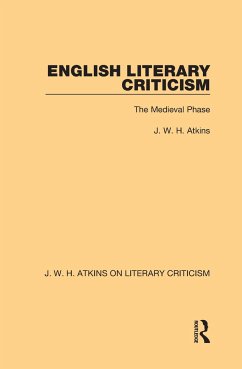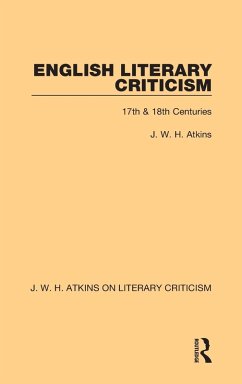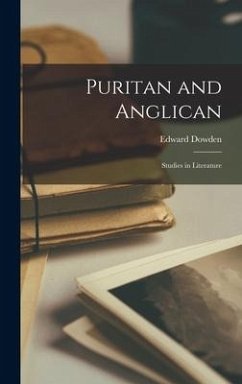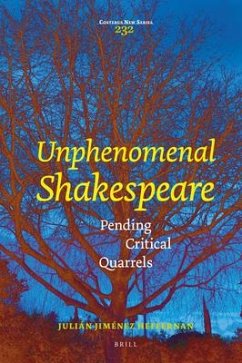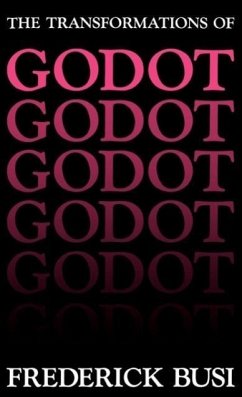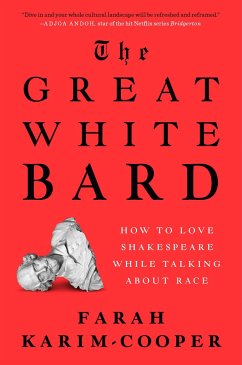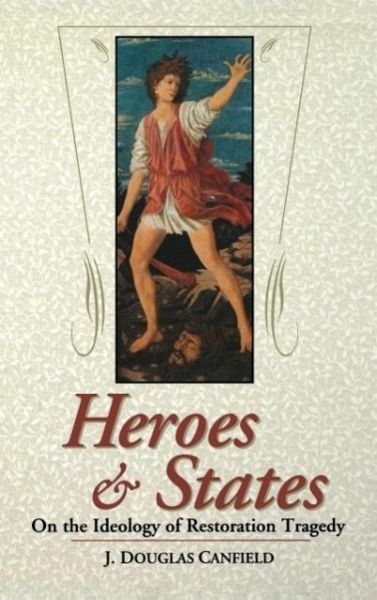
Heroes & States
On the Ideology of Restoration Tragedy
Versandkostenfrei!
Versandfertig in über 4 Wochen
35,99 €
inkl. MwSt.

PAYBACK Punkte
18 °P sammeln!
" To understand the cultural history of England during the Restoration, one need look no further than the theater, which was attended by the gentry as well as by members of the middle and lower classes. The theater of this period embodied the values, meanings, and power relations of Restoration England. In Heroes and States, Douglas Canfield argues that drama not only represents but actually helps constitute the value and belief systems of an entire culture. Heroes and States completes Canfield's two-volume cultural history of Restoration drama, begun in Tricksters and Estates: On the Ideology...
" To understand the cultural history of England during the Restoration, one need look no further than the theater, which was attended by the gentry as well as by members of the middle and lower classes. The theater of this period embodied the values, meanings, and power relations of Restoration England. In Heroes and States, Douglas Canfield argues that drama not only represents but actually helps constitute the value and belief systems of an entire culture. Heroes and States completes Canfield's two-volume cultural history of Restoration drama, begun in Tricksters and Estates: On the Ideology of Restoration Comedy. In this second volume Canfield shows how Restoration playwrights attempted to rein scribe late-feudal aristocratic ideology after the English Civil War. In the serious drama of the period, conflict is between noble heroes, upon whom states are built, and transgressors of the established order- tyrants, traitors, usurpers, rapists, and atheists. Canfield considers several sub genres of tragedy. He argues that most of these sub genres reaffirm the older ideology after testing it in the fires of conflict. Tragical satire, on the other hand, the most subversive of these sub genres, exposes the failure of the ruling class to live up to its own codes and, in some cases, the absurdity of the codes themselves. Canfield also finds playwrights struggling with issues of race and colonialism. He uses the work of modern theorists such as Bakhtin, Girard, Kristeva, Derrida, Althusser, Williams, and Eagleton to illuminate aspects of his inquiries. Restoration tragedy stands on the cusp of a cultural transition from a late feudal to an early bourgeois ideology, and the issues and themes addressed in the theater validate the culture and politics of seventeenth-century England.



